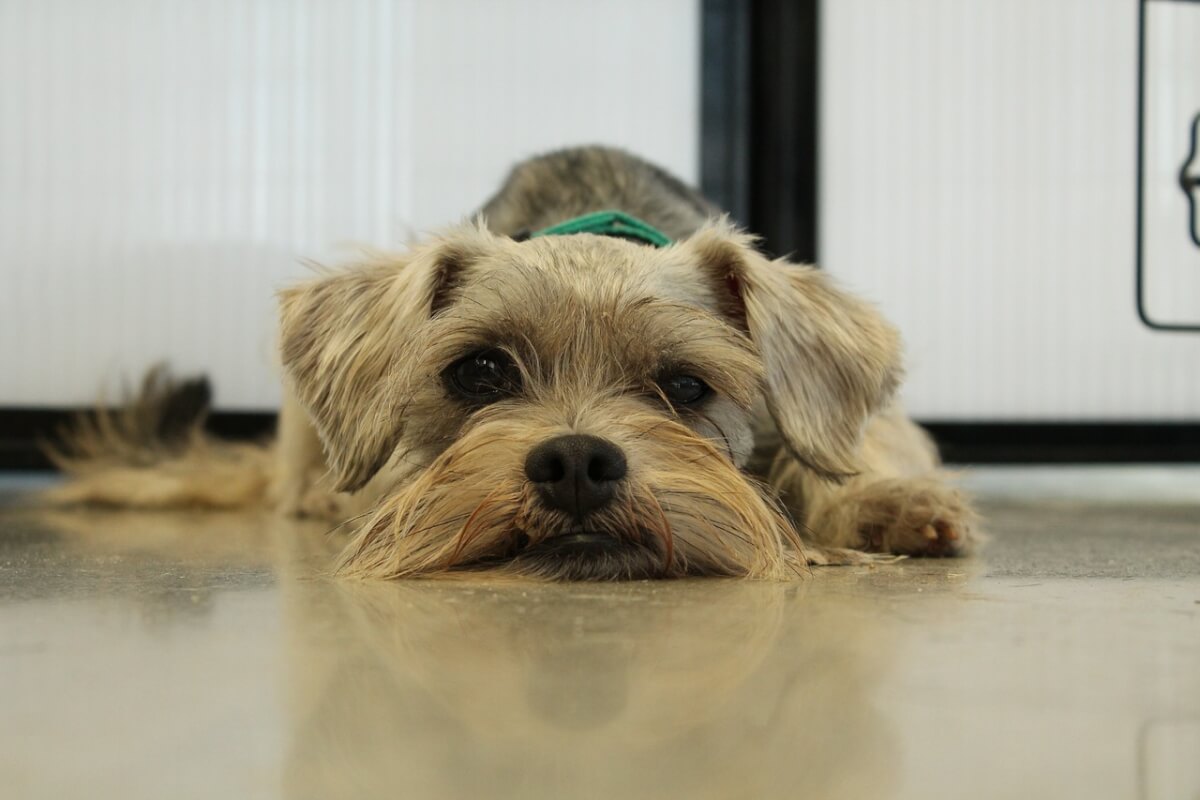Whether the concern is to train your dog or impart an identity to it, dog collars and leashes play a crucial role. Dog collars come in a variety of shapes, sizes and styles, and are much of a fashion statement nowadays. A dog collar could be a lifesaver for your puppy if, God forbid, it disappears from your residence.
With such a wide variety of dog collars available, choosing the right one for your puppy can be quite intimidating. The collar should be selected based on your preferences and your puppy’s habits. For a fairly obedient puppy, a soft fabric collar is quite appropriate. However, an obstinate puppy has to be controlled by a quick yank of a pronged collar. A dog trainer may assist you in making the correct choice of a dog collar for your faithful canine companion.
The buckle variety is the most common type of dog collar. A wide variety of fabric may be used to manufacture a buckle collar, bearing different colors and designs. Your puppy’s name may be embroidered onto the collar for identification purposes. Buckle collar consists of a series of spaced holes, and the buckle is fastened to attain the required size.
Buckle collar is the most basic type, which can be enhanced to ensure added safety for the puppy. For instance, breakaway collars are designed to pull apart under extreme stress. Some collar types are equipped with release tabs that ensure a hasty removal of the collar, relative to the conventional buckle type. Such variations may help prevent your puppy from choking in unforeseen circumstances.
Another collar type is a prong collar, which is quite beneficial if your puppy is rather rigid and typically pulls hard while on lead. A prong collar has perpendicular metal prongs that are evenly spaced around the inside of the collar. Upon pulling the attached leash, the prongs prod your puppy’s neck, thereby inhibiting its unruly behavior. The phrase “prong collar” does sound as something harmful for your canine. However, when used appropriately, prong collars never cause any injury to the puppy, and are much safer than even other types of dog collars.






